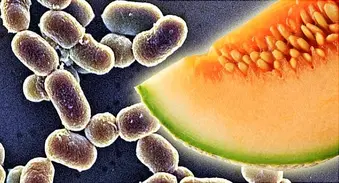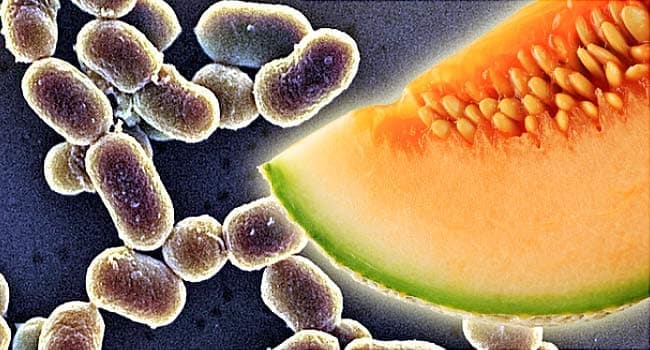Food Bacteria Quiz: How Much Do You Know About Listeria?


Question 1/12
What is listeria?
- A brand of mouthwash
- A strain of bacteria
- A strain of virus
- A strain of fungus
Question 2/12
Where is listeria found?
- Soil
- Animal feed
- Water
- All of the above
Question 3/12
What foods are most often contaminated with listeria?
- Pasteurized milk products
- Frozen vegetables
- Deli meats
- Canned soups
Question 4/12
Who is most at risk from listeria?
- Pregnant women
- People over age 60
- People with diabetes
- All of the above
Question 5/12
Why is listeria so deadly?
- It attacks the brain and nervous system.
- It causes cancer.
- It contains a deadly poison.
- It is highly contagious.
Question 6/12
Why are pregnant women at high risk from listeria?
- They are at high risk of serious listeriosis.
- They eat more listeria-contaminated foods.
- They risk miscarriage or preterm birth from listeria.
- All of the above
Question 7/12
What are common symptoms of listeriosis?
- Fever and muscle aches
- Loss of balance
- Stiff neck
- All of the above
Question 8/12
How long after eating listeria-contaminated food do severe symptoms appear?
- Immediately
- Within 24 hours
- 2 days
- 3 days to 2 months
Question 9/12
What is the treatment for listeriosis?
- Gluten-free diet
- Intravenous antibiotics
- Anti-seizure medication
- None of the above
Question 10/12
How can you avoid listeria infection?
- Wash your hands after preparing raw vegetables.
- Thoroughly cook all meat, poultry, and seafood.
- Eat ready-to-eat foods as soon as possible.
- All of the above
Question 11/12
You can remove all listeria by washing a cantaloupe.
- True
- False
Question 12/12
If you suspect you've had a listeria-contaminated food in your refrigerator, you should:
- Call a doctor immediately.
- Rush to a hospital.
- Thoroughly clean your refrigerator.
- All of the above
